10 Ways to Rethink Aging to Never Feel Old
Changing your attitude toward aging may help you live longer, says science.

According to research, people who have a more positive approach to aging live longer than those with negative views. One decades-long study of 660 people published in 2002 found that those with a positive attitude lived a whopping seven and a half years longer than the negative Nancies. How can you rethink aging so you never have to feel old and can possibly improve longevity? Here are key ways.

Becca Levy, a professor of epidemiology at Yale and the author of Breaking the Age Code: How Your Age Beliefs Determine How Long and Well You Live, tells the New York Times that finding the root of your age beliefs and admitting you have them is the first step. She suggests a week of “age belief journaling,” which involves writing down every portrayal of an older person — whether in a movie, on social media, or in a conversation.
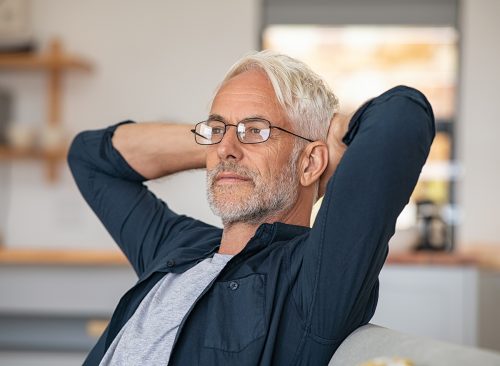
Then identify whether that portrayal was negative or positive and whether the person could have been presented differently. By identifying the sources of your conceptions about aging, you can gain some distance from negative ideas, she says. “People can strengthen their positive age beliefs at any age,” Dr. Levy said.

If you associate aging with only loss or limitation, “you’re not getting the full picture of what it means to age,” Regina Koepp, a psychologist who specializes in aging, added to the New York Times. She suggests shifting your attention, “look around for role models, see who’s doing it well.”

It “doesn’t have to be a person who’s 90 diving off a diving board,” Dr. Koepp said, but could simply be someone who goes to yoga or volunteers. Dr. Levy recommends coming up with a list of five older people who have done something inspiring later in life, from falling in love to traveling around the world
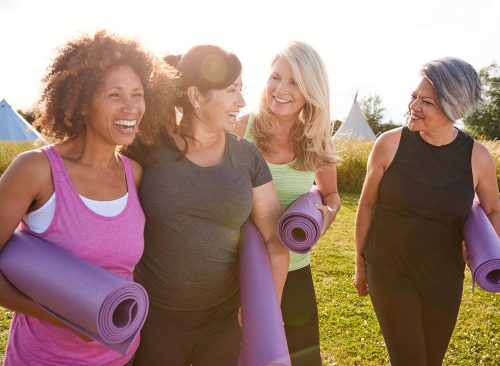
According to research, optimistic women are more likely to live past 90 than less optimistic women. However, this doesn’t include faking it.

“The platitudes don’t work — we’ve heard them, they’re trite, they’re tone-deaf,” Melinda Ginne, 74, a psychologist in the San Francisco Bay Area who specializes in aging, tells the publication. She suggests being honest with yourself with optimism. For example, if you are bummed because your tennis game isn’t as strong in your 70s as it was 20 years earlier, remind yourself, “No, I can’t play tennis like I did when I was 50, and I can only play for 10 minutes. But I can still play.”

To feel more positive about aging, Dr. Koepp recommends examining your worries about the process and then reflecting on how troubling those concerns are.
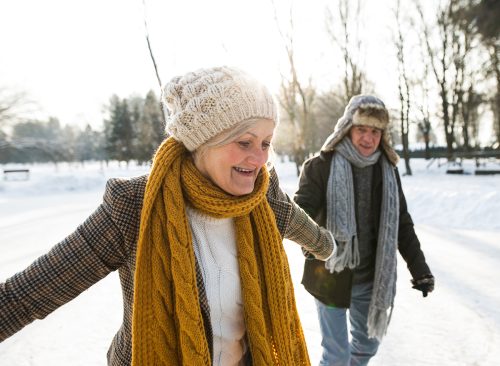
For example, don’t write everything off as aging. She uses the example of an issue she has been having with her left hip. “I’ll say I’m old because I feel stiff and creaky,” she said. “But then I think, Well, my right hip isn’t stiff and creaky, and it’s the same age.” While getting older may be contributing to her hip pain, it’s not the only factor, she points out. “But we conflate age and disability, and I think that scares people,” she said.
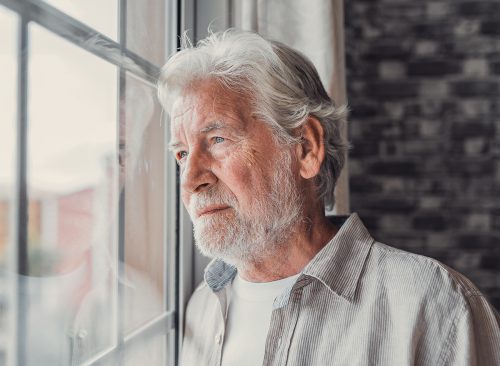
Don’t forget, there are benefits to aging as well. For example, research has found that things like emotional well-being and certain aspects of cognition improve with age.
RELATED: Surprising Signs You’ve Already Had COVID
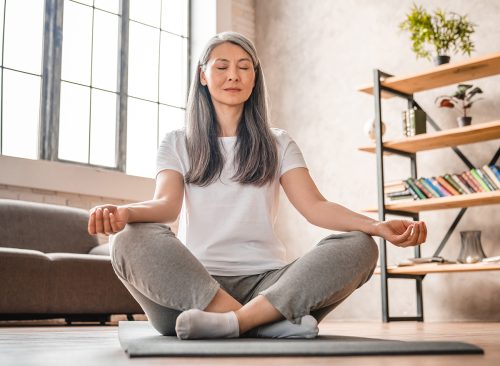
With time, “we’re likely to develop more resilience,” Dr. Koepp said. Rethinking aging may allow you to see yourself more clearly “as a person with lived experience and wisdom” as you age.














